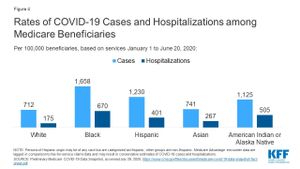The Russian government has announced substantial increases to the maternity capital program set to take effect from February 2025, with the overall maternity capital amounting to 912,000 rubles. This marks almost an 80,000 ruble increase from the previous year, reflecting the government’s commitment to supporting families with children.
During a recent meeting with President Vladimir Putin and the cabinet, Anton Kotiakov, Minister of Labor and Social Protection, disclosed the details of the upcoming changes. "Its total amount will be 912,000 rubles. This is almost 80,000 rubles more than in 2024," Kotiakov stated, highlighting the government's focus on bolstering family support during these challenging economic times.
Starting from February 1, 2025, families will see additional increases as well. Specifically, the sum awarded for the first child will rise to 690,000 rubles, thanks to the new adjustments. Kotiakov mentioned, "On February 1, the amount of the certificate for the first child will increase by 60,000, to 690,000 rubles," ensuring families receive timely assistance as they expand their households.
The support does not end there; families will also benefit when welcoming their second child. Kotiakov emphasized, "At the birth of the second child, the family, which has not previously issued the certificate, will receive almost 222,000 rubles." This enhancement underlines the government’s proactive approach to encourage family growth and provide financial relief to new parents.
These increases are part of the broader maternity capital program which has now been extended through 2030, aiming to support nearly 5 million families during this period. This extension is expected to offer families more financial stability and encourage parents to have more children amid the challenges of modern economic pressures.
The maternity capital program has played a significant role since its inception, aimed primarily at enhancing the living standards of families with children. By strategically increasing the maternity capital, the government aims to reduce the economic burden faced by parents, especially during the early years of child-rearing.
Overall, as these substantial increases take effect, many families across Russia will benefit, receiving necessary financial support during formative years of raising children. The government’s continuing investment reflects its commitment to improving the nation's demographic structure by supporting families effectively.



